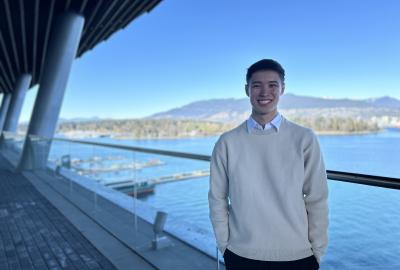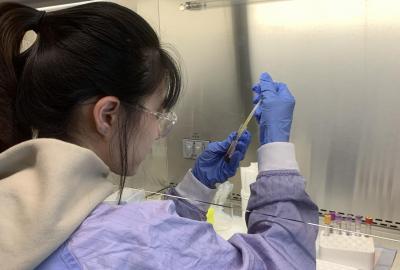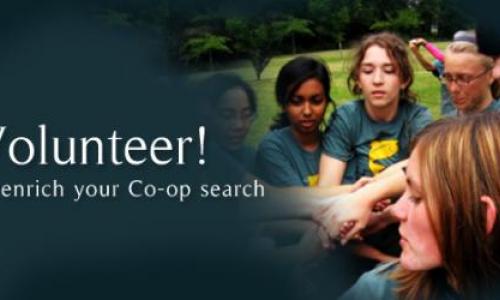
I recently took a vacation from my former role as a statistician at the BC Centre for Excellence in HIV/AIDS. I did not plan a trip out of town - the spring weather was beautiful in Vancouver, and I wanted to spend time on the things that I like to do in this city. Many obvious things came to mind - walking along beaches, practicing Python programming and catching up with friends - just to name a few.
Yes, Python programming was one of the obvious things on my vacation to-do list, and I understand how ridiculous this may seem to some people. Why tax my brain during a time that is meant for mental relaxation, especially when the weather is great?
As I mentioned in a previous blog post on a career in statistics, one of the best and most important features of my profession is the necessity of constant learning. The job market for statisticians and data scientists demands a very wide range of technical skills and concepts, and learning all of them during my academic education was outright impossible. In order to stay competitive in the job market, I have to constantly learn new skills and concepts as I progress in my career, and that requires anticipation of the things that my industry will demand from me.
Python is a powerful computer programming language that is used a lot in data science and statistics, and I notice that many good jobs in my field require it as a core language. Unfortunately, during my education, I only learned R, SAS and MATLAB, so Python seemed like a natural next step.
Learning a programming language requires focus and patience, and my vacation was the perfect time to add Python to my skillset. In addition to the benefits of learning Python for career development, I really enjoy programming - especially learning new skills that allow me to solve statistics or math problems in new ways. Over the period of a week, I spent 2-3 hours each day completing a free online course at Code Academy, and I loved every minute of it. Not only did I feel a sense of accomplishment at the end of each session, but it also got my day started on a good rhythm, and my brain felt energized for the rest of the day.
Of course, learning Python was not the only thing I did during my vacation – remember that my list included more relaxing pursuits like walking along beaches and catching up with friends. I loved that balance and diversity, and at the end of my vacation, I felt nourished – physically, emotionally and intellectually.
The need to stay competitive in the job market is essential for all of us. Our industries will grow and change with new innovations, and we may move to different cities with varying supply-and-demand dynamics for our particular skillsets, so no job – however permanent on paper – is ever 100% secure. Our intellect will always grow to acquire new interests and seek greater challenges – fulfilling these desires makes our careers rewarding beyond the paycheque. To respond to all of these forces – internal and external – we need to constantly learn new skills, and a vacation is a great time to do that. If you have found your passion, then learning new skills will be a valuable complement to all of the other fun things that vacations traditionally offer.
















